All Formats & Editions
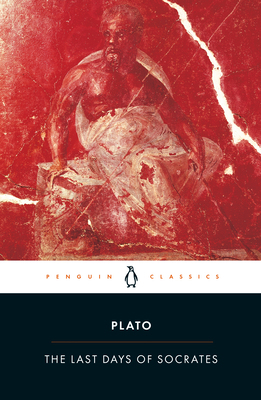
The Last Days of Socrates: Euthyphro; Apology; ...
The trial and death of Socrates (469-399 BCE) have almost as central a place in Western consciousness as the trial and death of Jesus. In four superb dialogues, Plato provides the classic account. Euthyphro finds Socrates outside the court-house, debating the nature of piety,...
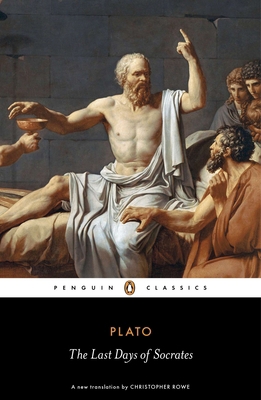
The Last Days of Socrates: Euthyphro, Apology, ...
"Consider just this, and give your minds to this alone: whether or not what I say is just" Plato's account of Socrates' trial and death (399 BC) is a significant moment in Classical literature and the life of Classical Athens. In these four dialogues, Plato develops...
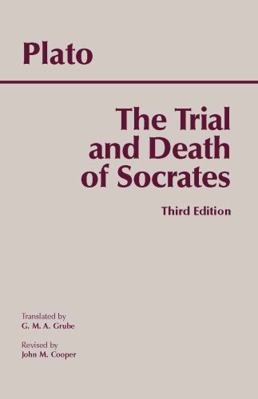
The Trial and Death of Socrates: Euthyphro, Apo...
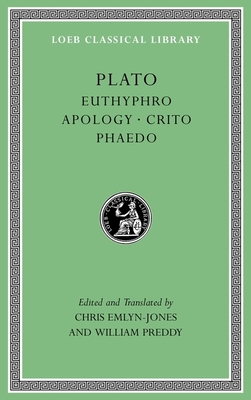
Euthyphro. Apology. Crito. Phaedo
The fundamental tetralogy on Socrates' final days.
Plato of Athens, who laid the foundations of the Western philosophical tradition and in range and depth ranks among its greatest practitioners, was born to a prosperous and politically active family circa 427...
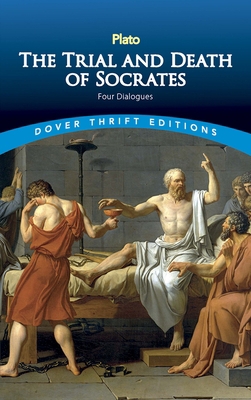
The Trial and Death of Socrates: Four Dialogues
The Dialogues of Plato (427-347 B.C.) rank with the writings of Aristotle as the most important and influential philosophical works in Western thought. In them Plato cast his teacher Socrates as the central disputant in colloquies that brilliantly probe a vast spectrum...
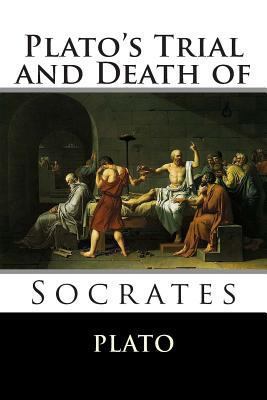
Plato's Trial and Death of Socrates
The Trial and Death of Socrates, by Plato, is a timeless piece dealing with themes that are applicable to the generations of then, now and those to come. Written in the classic, observant, style of Plato, the book is a compilation of four dialogues that the main character, Socrates,...
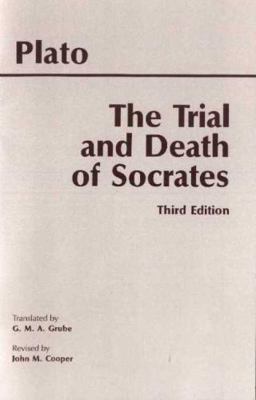
The Trial and Death of Socrates: Euthyphro, Apo...
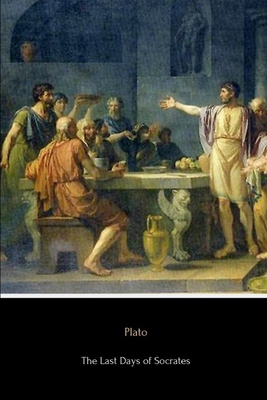
The Last Days of Socrates: Euthyphro, Apology, ...
This new edition of The Last Days of Socrates presents Plato's dialogues Euthyphro, Apology, Crito and Phaedo, translated by Benjamin Jowett.

The Trial and Death of Socrates (3rd Edition)
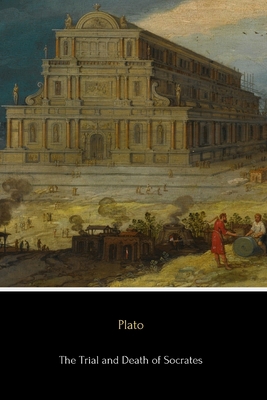
The Trial and Death of Socrates: Euthyphro, Apo...
This new edition of The Trial and Death of Socrates: Euthyphro, Apology, Crito and Phaedo presents Benjamin Jowett's classic translations, as revised by Enhanced Media Publishing. A number of new or expanded annotations are also included.
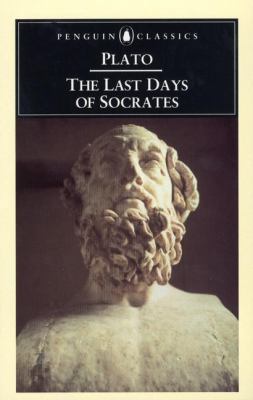
The Last Days of Socrates: Euthyphro/The Apolog...
Socrates spent a lifetime analyzing ethical issues, and the Euthyphro finds him outside the court-house, still debating the nature of piety with an arrogant acquaintance. The Apology is both a robust rebuttal to the charges of impiety and corrupting young minds and a definitive...
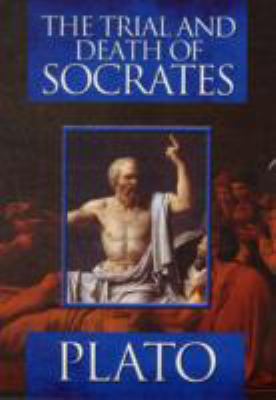
The Trial and Death of Socrates
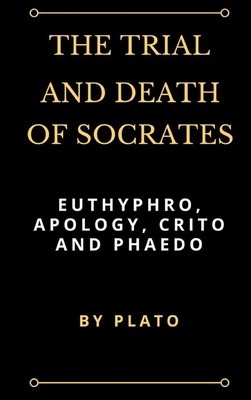
The Trial and Death of Socrates: Euthyphro, Apo...
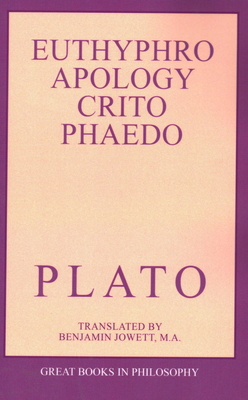
The Euthyphro, Apology, Crito, and Phaedo
As the indisputable father of Western philosophy, Socrates stands as the archetype of free inquiry and intellectual honesty throughout history. He dared to explore the minds of men, to analyze the content of cherished beliefs, and to distinguish knowledge and truth from opinion...

The Trial and Death of Socrates: Four Dialogues
Among the most important and influential philosophical works in Western thought: Euthyphro, exploring the concepts and aims of piety and religion; Apology, a defense of the integrity of Socrates' teachings; Crito, exploring Socrates' refusal to flee his death sentence; and Phaedo,...
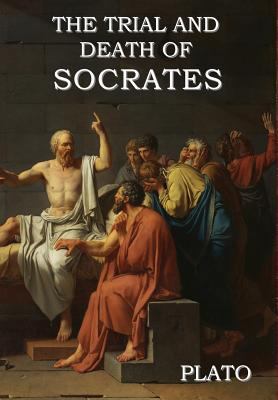
The Trial and Death of Socrates
The trial of Socrates refers to the trial and the subsequent execution of the Athenian philosopher Socrates in 399 BC. Socrates was tried and convicted by the courts of democratic Athens on a charge of corrupting the youth and disbelieving in the ancestral gods. The trial...
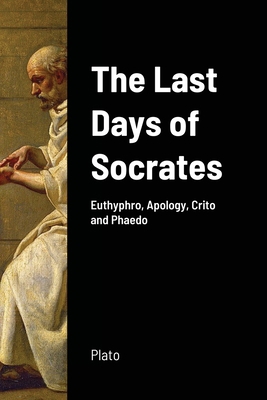
The Last Days of Socrates: Euthyphro, Apology, ...
The Last Days of Socrates presents Plato's dialogues Euthyphro, Apology, Crito and Phaedo.
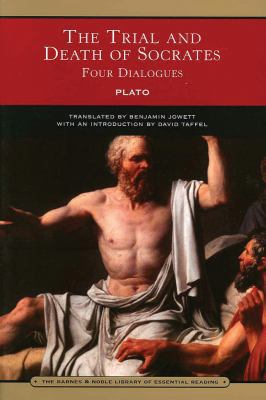
The Trial and Death of Socrates: Four Dialogues
"The European philosophical tradition. . .consists of a series of footnotes to Plato." -- Alfred North Whitehead The dialogues of Plato stand alongside the Bible and Homer's Iliad and Odyssey as foundational texts of Western civilization. The works...
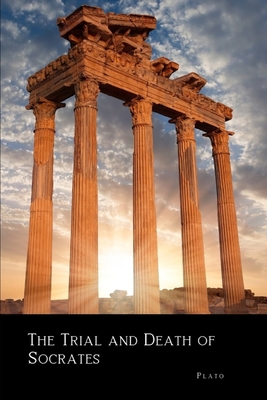
The Trial and Death of Socrates (Annotated): Eu...
This newly revised and annotated edition of The Trial and Death of Socrates from Logos Books includes the four Platonic dialogues Euthyphro, Apology, Crito and Phaedo.

The Last Days of Socrates
The trial and death of Socrates (469-399 BCE) have almost as central a place in Western consciousness as the trial and death of Jesus. In four superb dialogues, Plato provides the classic account.
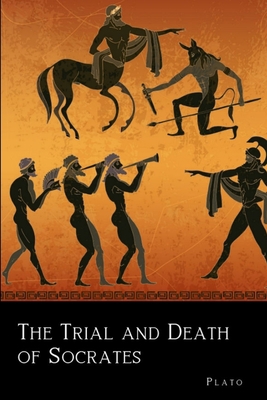
The Trial and Death of Socrates
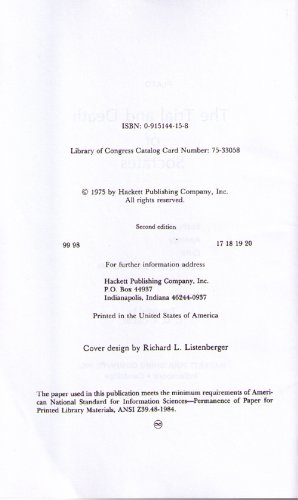
The Trial & Death of Socrates

The Trial and Death of Socrates.
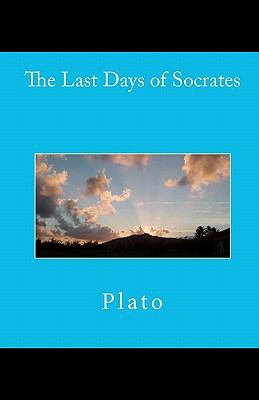
The Last Days of Socrates
The Last Days of Socrates, written by legendary author Plato, is widely considered to be one of the greatest classic texts of all time. This great classic will surely attract a whole new generation of readers. For many, The Last Days of Socrates is required reading for various...
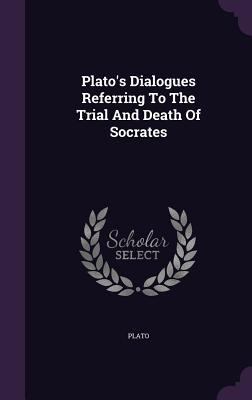
Plato's Dialogues Referring To The Trial And De...
This work has been selected by scholars as being culturally important, and is part of the knowledge base of civilization as we know it. This work was reproduced from the original artifact, and remains as true to the original work as possible. Therefore, you will see the original...



